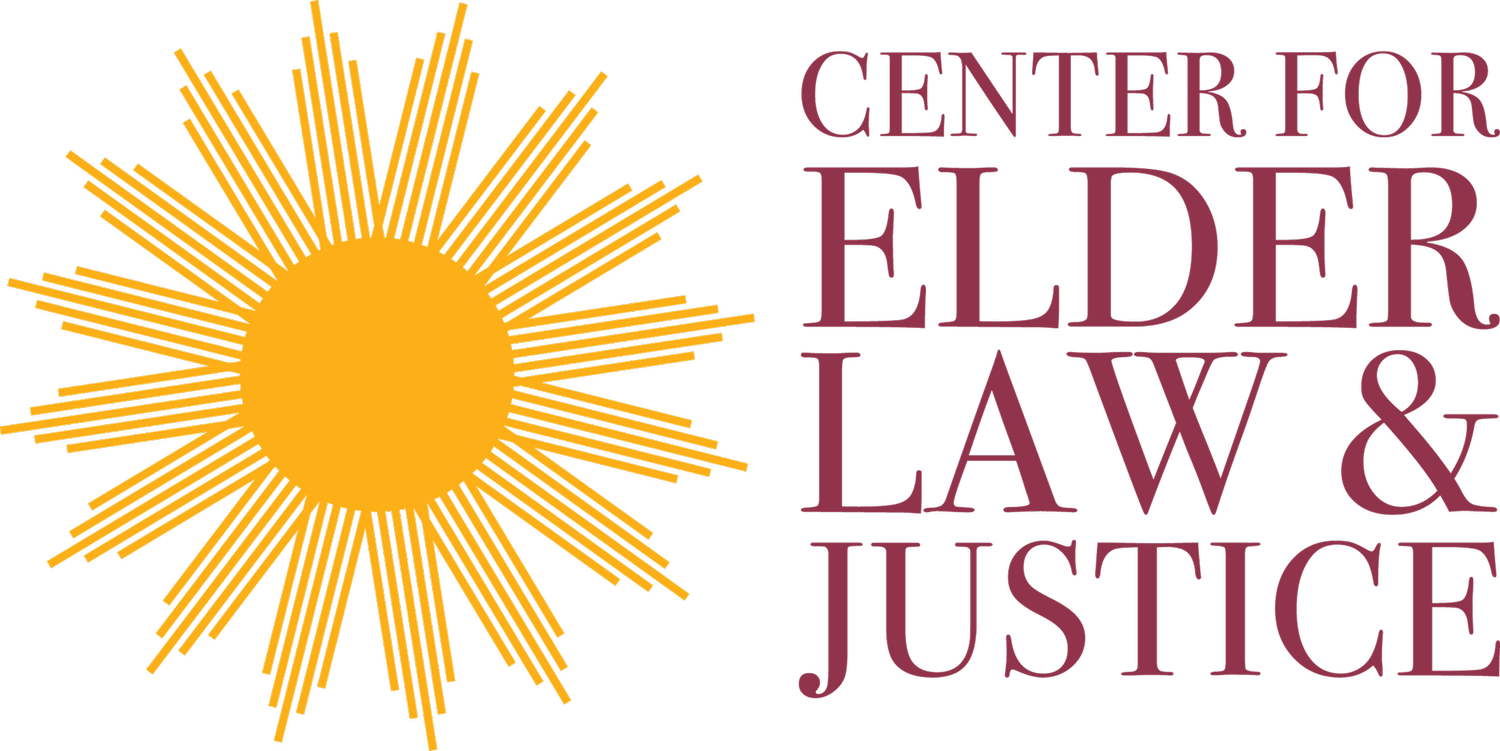HEALTH CARE

HEALTH CARE ADVOCACY UNIT
Helping You Navigate Your Health Insurance Issues
CELJ’s Health Care Advocacy Unit offers help in a variety of issues concerning private insurance, Medicare, Medicaid and Managed Long Term Care. CELJ’s attorneys and paralegals can provide advice and counsel, advocate on your behalf and appeal plan decisions. Some of the matters that we assist with include:
Improving quality of care in skilled nursing facilities or homes
Transitioning from a nursing or rehab facility back to your home
Increasing the amount or type of health care you can get in your home
Appealing denials or decreases in coverage
We are available to help people 60 years old and older, as well as certified disabled individuals in Erie, Niagara, Orleans, Genesee, Wyoming, Chautauqua, Cattaraugus and Allegany counties. To find out if you qualify for assistance, you can contact our intake line at 716-853-3087 or use the form at the bottom of this page.
New York has recently changed the way it manages Long Term Care for Medicaid recipients. All persons over age 65 who need 120 days or more of nursing-home level care must join a Managed Long Term Care Plan. The plan will handle all Medicaid coverage and determine how much and what types of services you need. You have the right to appeal decisions made by the plan, including decisions about how much care you receive in your home, the types of services you are approved to receive, and your ability to live safely at home. We assist with answering your questions about Medicaid Managed Long Term Care and appealing decisions when necessary.
Common questions
-
Many older and disabled individuals want to stay in their homes or apartments, but need help and skilled nursing care to safely remain at home. A Medicaid Managed Long Term Care Plan (MLTC) can provide these services to you in your home if you qualify. CELJ helps its clients understand the benefits of an MLTC, and will work with your plan to help you receive the care you need to stay in the community.
-
Having Medicare does not always mean that it will pay for all claims or hospital stays. Unfortunately, many Medicare recipients do find themselves facing large health care bills. This often happens after receiving inpatient rehabilitation in a skilled nursing facility, or after an ambulance transport. You have the right to appeal claim denials. Our attorneys can review your medical bills, and can represent you throughout the appeals process where appropriate. If you believe that a claim has been wrongly denied, you can contact our office to see if you qualify for assistance.
-
Medicaid can help cover the high costs of nursing home care, but if you make more than the monthly income limit, you will have to contribute towards the cost of your care. Spousal budgeting for Medicaid is very complex and varies based on individual circumstances. We help our clients make informed decisions about how to budget their income and resources to make sure the spouse living in the community has enough money to maintain their home, while also ensuring that the spouse living in a nursing home has everything they need as well. If you disagree with any determination made by the Department of Social Services regarding your Medicaid coverage or budgeting, contact our office to see if you qualify for assistance.

LONG TERM CARE RESIDENT ADVOCACY
Our legal staff is here to assist with:
Nursing home and adult care facility discharges and evictions
Explaining your nursing home or adult care facility resident rights
Execution of Advance Planning (Powers of Attorney/Health Care Proxy) documents for residents in nursing home or adult care facilities located in Erie County who are at 200% of the poverty level
Educational presentations on a wide variety of topics including nursing home or assisted living resident rights
For direct resident advocacy, see Long-Term Care Ombudsman Program below
THE LONG TERM CARE OMBUDSMAN PROGRAM
The Long Term Care Ombudsman Program (LTCOP) serves as an effective advocate and resource for older adults and persons with disabilities who live in nursing homes, assisted living, and other licensed adult care homes. Mandated under the Older Americans Act, the New York LTCOP oversees 15 regional LTCOPs.
People Inc. hosts the Region 15 program and serves Cattaraugus, Chautauqua, Erie, and Niagara Counties. We are proud to partner with People Inc. as the program's legal liaison, “in-house” legal support, for the program and volunteers. If you or a loved one would benefit from the support of our ombudsman program, contact us!
Interested in becoming an Ombudsman volunteer? Ombudsmen provide compassion and problem-solving skills as they investigate concerns brought by or on behalf of residents, and work to improve the quality of care and quality of life for residents. In order to become an ombudsman, volunteers need to go through a free certification course hosted by People Inc. For more information, please contact Susan Fenster, Coordinator, NYS Region 15 Long Term Care Ombudsman Program, at 716-817-9222.
The ombudsmen in the program are professionally trained and certified volunteer advocates. These advocates investigate and resolve complaints made by or on behalf of residents; promote the development of resident and family councils; and inform government agencies, providers and the general public about issues and concerns impacting residents of long-term care facilities with a goal of effecting systems-level change.
Common questions
-
Anyone who has questions or concerns pertaining to the care/treatment in a nursing home or assisted living facility can contact the Ombudsman program. For nursing homes and assisted living facilities in Cattaraugus, Chautauqua, Erie, and Niagara Counties, please contact People Inc. at 716-817-9222. For inquiries outside our covered counties, please contact the State LTCOP program at 1-855-582-6769.
-
No. Ombudsmen work to promote and protect the rights of nursing home and assisted living residents. Ombudsman work with residents, their family, facilities, and other interested parties to address concerns of residents. In situations where the Ombudsman is unable to resolve a resident complaint, the LTCOP will link the resident to the appropriate resource for further assistance.
-
Ombudsmen respond to any concern, complaint, or problem a resident may have. Common problems include: quality of care, visitation rights, diet/food, and resident rights. Confidentiality is the cornerstone of the LTCOP and all resident concerns, complaints, or problems remain confidential unless the resident consents to disclosure.
